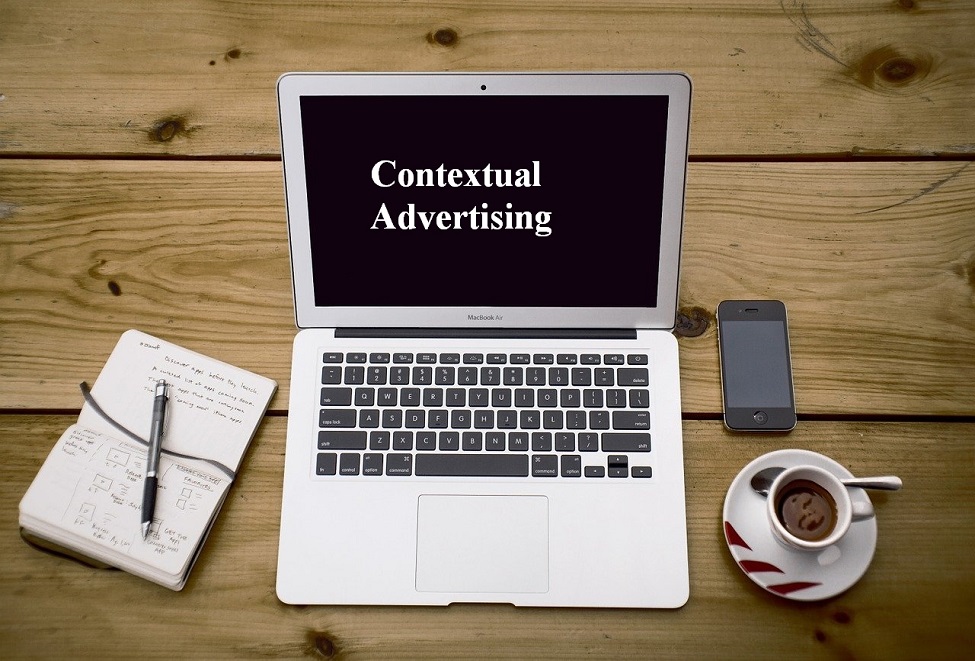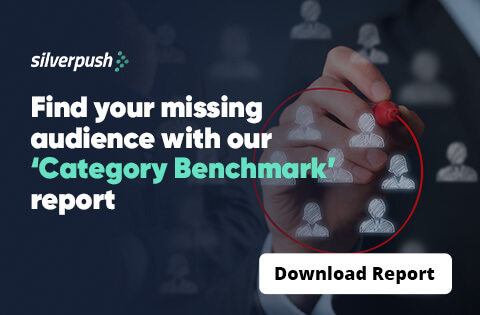Why Google not Tracking Users can Finally Give Rise to Adoption of More Effective Alternatives? | 22 Mar, 2021

Almost a year after Google announced its plans to phase out third-party cookies in its Chrome browser, the search giant has recently announced it isn’t looking to build any alternatives to cookies that can track individual users browsing across the web – in any form.
Here is why this might be much better news for marketers than expected.
Why a Cookieless Digital World is Inevitable?
Cookies rely on immediate short-term performance, leveraging ever-decreasing pools of audiences. Google, the last major search browser to acknowledge this post Mozilla and Safari, has explicitly stated that any alternative tracking solutions will fall short on consumer expectations for privacy, and will most likely not stand up to rapidly evolving regulatory restrictions, and therefore aren’t sustainable.
How Marketers Benefit from Phasing Out of Third Party Cookies?
Lack of cookies doesn’t mean no targeting – marketers will now have to return to people-based marketing, recognizing their audience as people and not cookie pools. Marketers will be able to leverage quality, first-party data rather than paying for suspect third-party data of questionable origin and effectiveness. And context-based media buying will emerge to fill this gap, seeking out environments where the target audiences congregate.
Context Relevance will have a Much Bigger Share in the Pie
Contextual advertising allows advertisers to place ads based on-page contextual triggers, rather than affinities and past browsing behaviour – making it no longer necessary to track individual consumers across the web.
This method displays only those ads that are relevant to the content, and hence, increases engagement by capitalizing on the user’s current state of mind. For example, if a brand wants to sell its kitchen mixer, then it can place ads across articles that are explicitly talking about kitchen appliances, recipes, food items that involves use of mixers and more.
In the post-cookie world, contextual ad targeting will be the most viable advertising strategy. Not only does it significantly increase user engagement, but also bypasses use of personal data and user privacy breach.
AI and Computer Vision is Powering the Next Gen Contextual Targeting
Traditionally contextual advertising has been built around natural language processing (NLP), placing ads by identifying text-based contexts. However, emerging AI and computer vision now enable in-image and in-video contexts which adds multiple contextual layers that further support NLP based targeting with much more nuanced insight. For example, in a streaming video, the tech can recognize a scene (i.e., someone holding a pair of Nike shoes, or a brand logo) and a relevant ad can appear alongside it.

Contextual ad targeting completely transcends use of cookies and or any personal data and is future ready, even on platforms like Facebook and YouTube— as these platforms are most likely to move to privacy enabled advertising models in the future.

BLOGS
Breaking Tradition: Innovative Marketing Strategies for Vietnam Tet 2025
One of the most significant cultural events for the Vietnamese, Tết Nguyên Đán, or the Vietnamese Lunar New Year, is almost here. Marking the beginning of spring, this time of year has, for generations, been a season for family gatherings, delicious feasts, and honoring ancestors. The week-long holiday witnesses the ...

BLOGS
5 Proven Black Friday and Cyber Monday Marketing Strategies for 2024
Black Friday and Cyber Monday (BFCM) are no longer exclusive to the U.S. market. It has gone global and is now one of the most important dates when every business wishes to ensure a spike in their online or in-store sales. With customers hunting for the deal, e-commerce businesses and ...

BLOGS
Why News Content is a Goldmine for Advertisers: Debunking Brand Safety Myths
Brand safety concerns have long clouded advertising alongside news content. As a marketer and advertiser, you might think twice before placing your ads against news stories, fearing harm to the reputation of your brand. However, new findings by Stagwell challenge those longtime fears, showing that advertising in news environments could be ...







